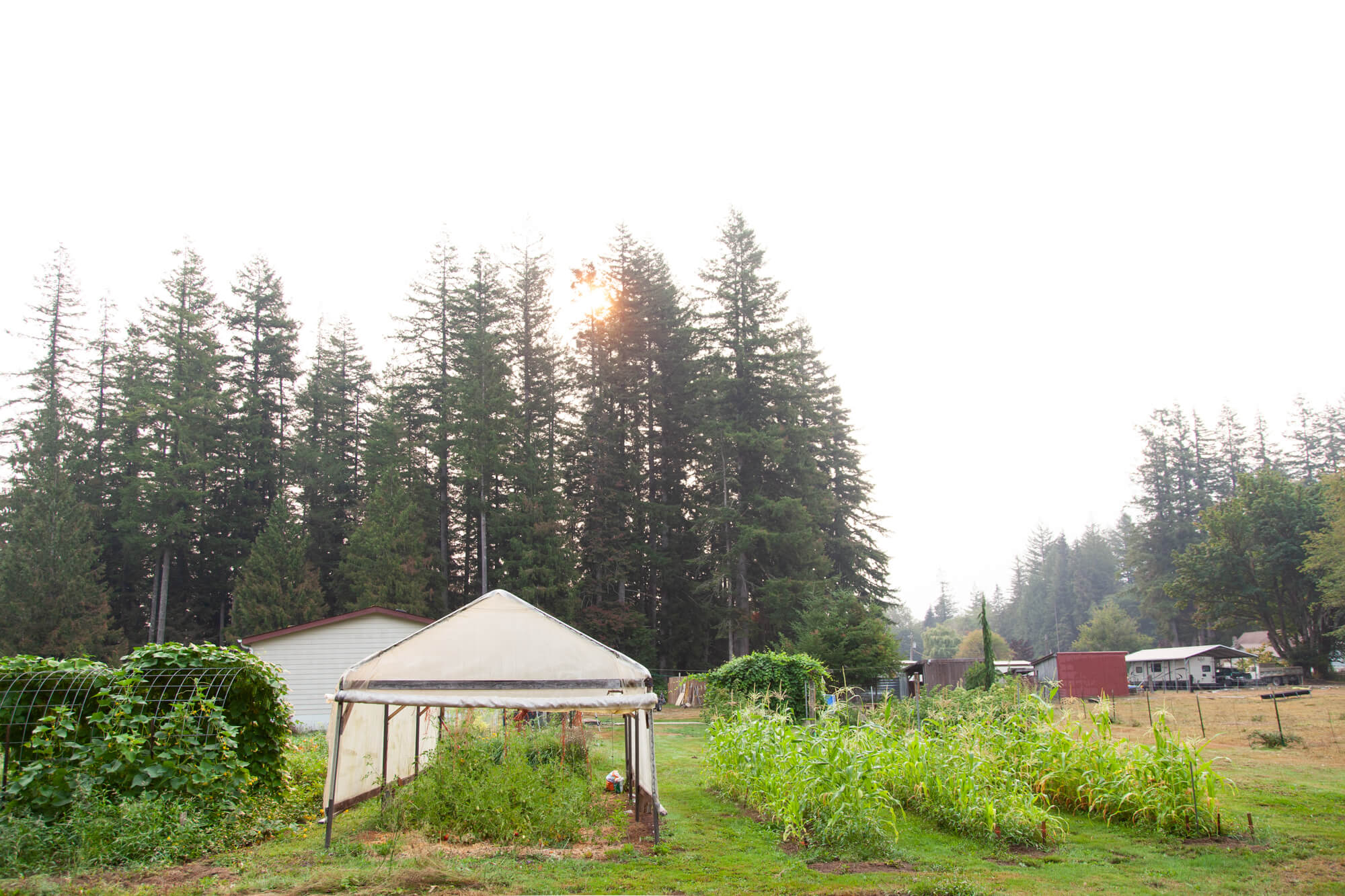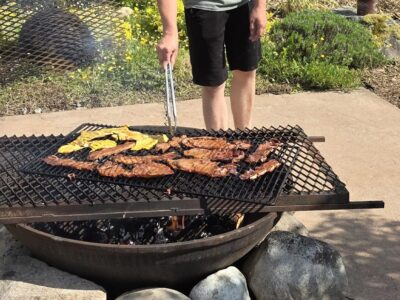We’ve discussed in the past the things to look for when buying a homestead property, but what should you do if you’re trying to prepare your home to sell it? We’re discussing why, even if you don’t think you’ll sell, these things are important to consider.
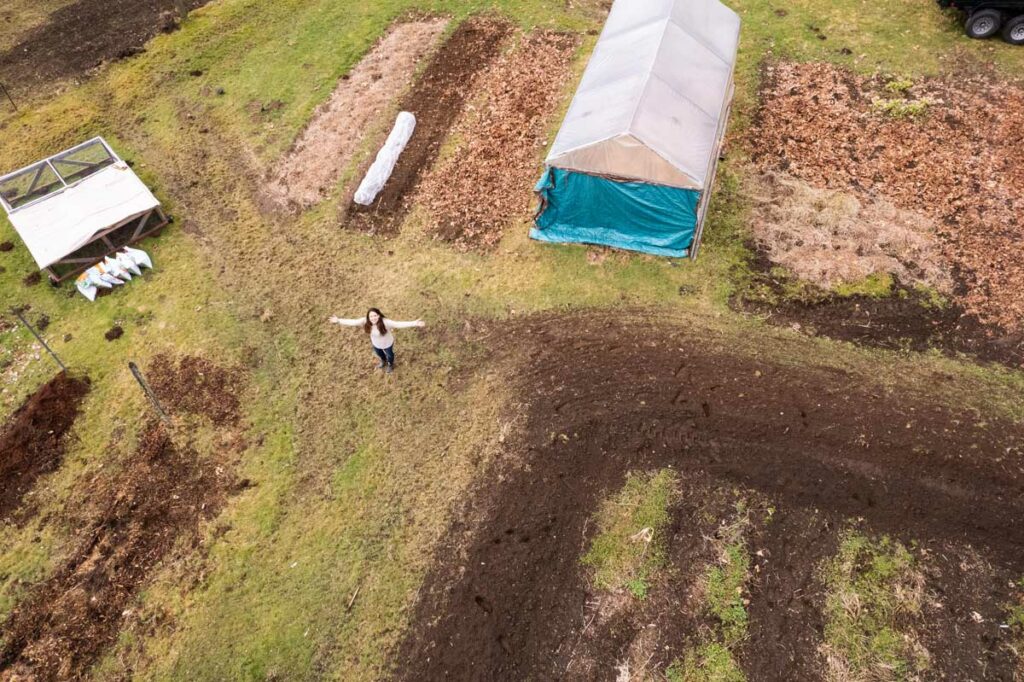
I know there are many of you who are thinking about selling your homes and buying a homestead property or something that gives you the ability to expand your modern homestead skills (like our new 40-acre homestead), or maybe you’ve already purchased a homestead many years ago, and what you thought was suited to your needs then, isn’t cutting it anymore.
Natural Remedies Made Simple

Start your home apothecary with confidence—even if you’re brand new. Learn how to choose the right herbs for your body using the simple principles of herbal energetics.
Discover how warming, cooling, drying, and moistening herbs affect your body—so you can stop guessing and start making remedies that actually work.
Even if you’re not thinking of moving for a few years, this podcast episode will hopefully be helpful for you.
In this episode, I’m interviewing Michelle, who happens to have worked with me since 2015 and if you’re a member of the Pioneering Today Academy, you may have had some correspondence with her.
Her family has lived on their five-acre homestead for 24 years, and what was originally their five-year plan turned into over two decades of life. She’s sharing her family’s desire to move to a larger property and the steps they’re taking to get there.
In 2016 Michelle and her family decided it was time to get serious about getting out of debt because they wanted more out of life. The debt was hanging over them taking up too much mental space and adding too much stress to truly live the free lifestyle they desire. She’s currently preparing her home to sell.
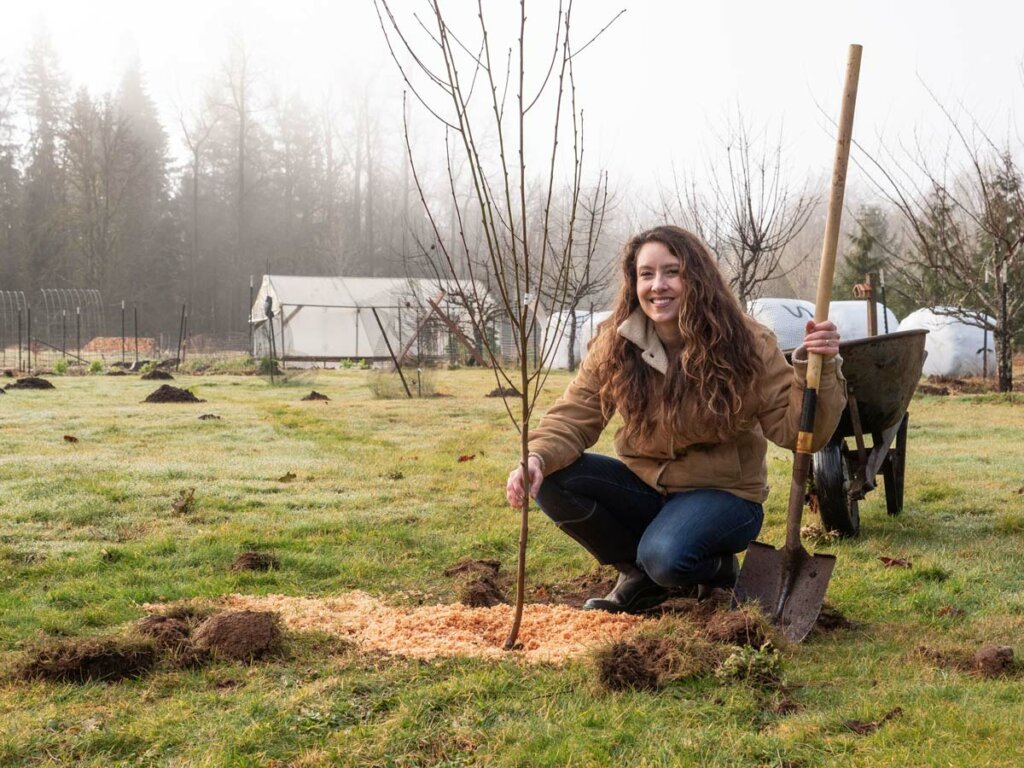
Stop Making Additions
This doesn’t mean to stop making improvements on the home, we all know bathrooms and kitchens are what sell a home. But what we mean by this is to stop investing money in things like perennial berry bushes, fruit trees, and garden spaces.
None of these will increase the resale value of your home, and you’ll be spending your hard-earned money for someone else’s profit.
One caveat I would add is if you’re purchasing plants and/or bushes that can move with you. If you know you’re moving within a year or two, you could buy some potted blueberry bushes or herbs, or maybe even grab a Greenstalk Vertical Planter (use code “PIONEERING” for $10 off your order) that would allow you to still grow some food, but to also be able to bring that vertical garden with you when you move.
Check out this post on using grow bags in the garden. If you’ll be moving during the growing season, these could still allow you to grow a garden that can travel with you to your new home.
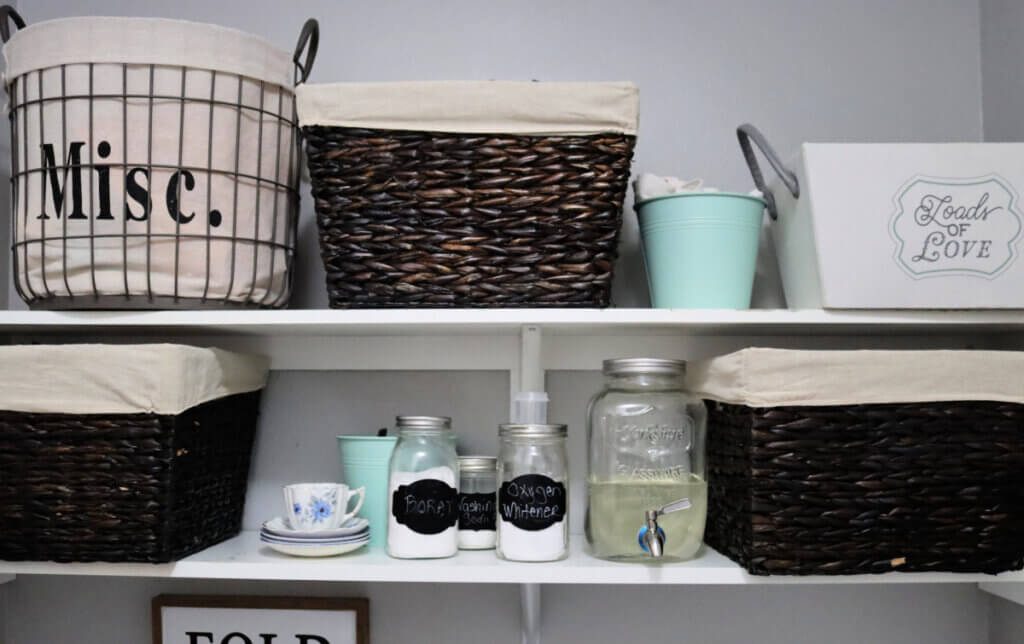
Start Decluttering Now
It’s a good idea to start decluttering your home now! Even if you don’t think you’ll move for a few months or even years. You don’t have to do much, just a drawer at a time. But thinking in terms of moving can give you a different view on items in your home and the importance they hold.
Go through every area of your house and ask yourself, “do I want to move this with me to my new home?” If the answer isn’t an easy “yes”, then consider selling or donating the item.
This will also help you get organized (it’s hard to declutter without organizing at the same time), so when it comes time to pack, you’ll have given yourself a head start.
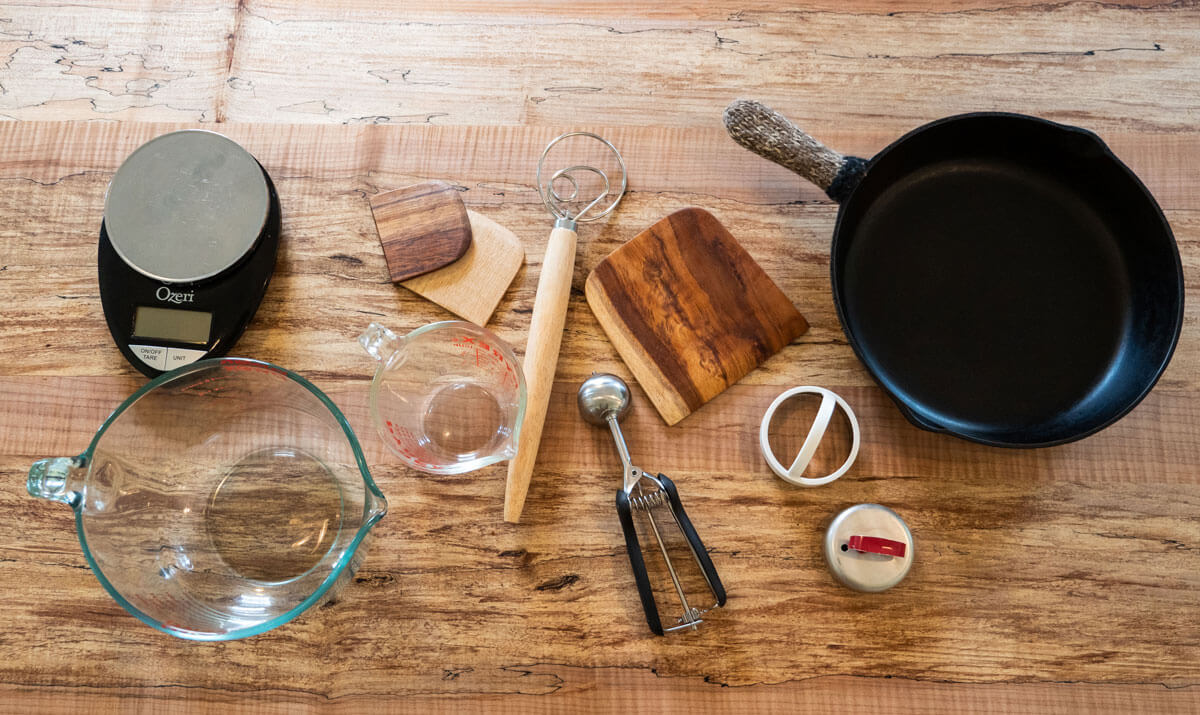
Pack Strategically
Michelle has an incredibly organized mind and a great way of packing. Everything that gets packed ahead of time she knows she won’t be needing before she moves, and she also won’t need them right away in the new house.
For example, every time they eat something from a canning jar, she cleans the jar and packs it away since they’ll be moving during the summer months and won’t have a garden to preserve this year.
She packs like items (or at least items that belong in the same room together) in boxes then labels each box with a different number. This number (and the items in the corresponding box) are listed in a notebook along with whether or not it needs to be unpacked right away.
She will even mark the order in which each box needs to be unpacked once it arrives at the new house. But if there’s a need for an item that hasn’t been unpacked, she can go right to her list to find out which box it’s in.
Get a Professional Evaluation
If you’re wanting to sell your home, but even if you aren’t quite ready yet, it’s a good idea to get a professional evaluation. There may be some items in your home you think need replacing or fixing, but a professional may give you a different opinion.
For example, Michelle knew they needed to replace their deck, and they had a hunch they needed to replace their windows, however, after a professional evaluation, they realized only windows that had broken seals needed to be replaced.
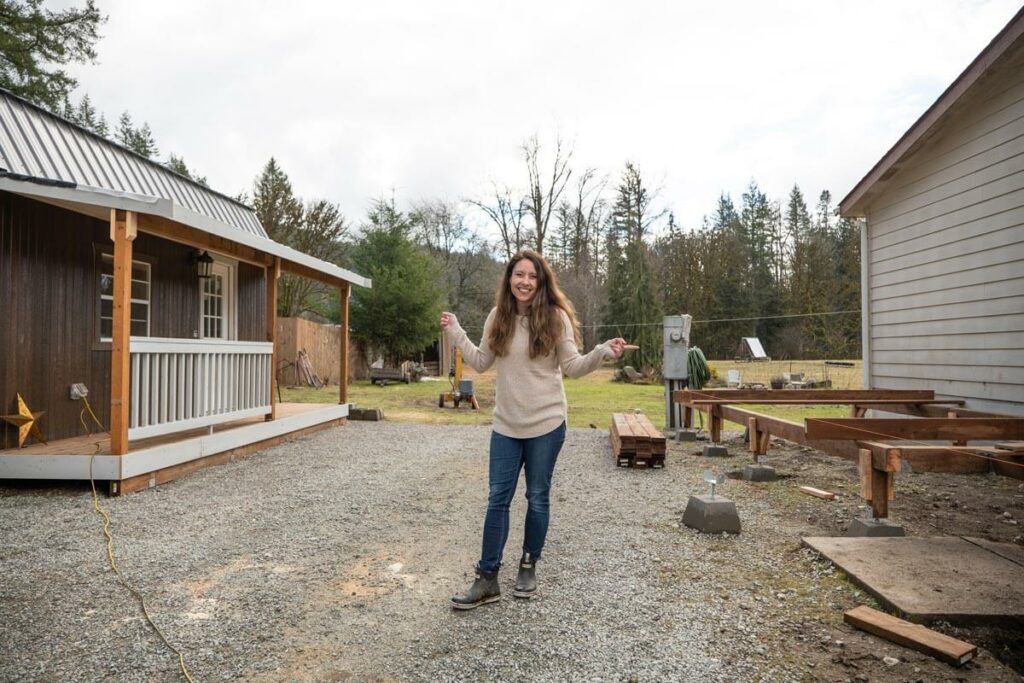
Know What You Want
If you’re feeling like you don’t like where you live, it’s important to know why you’re not happy where you are.
- Do you need more space?
- Are you limited with what you can do?
- Do you have too much space?
- Are you wanting a more rural setting?
- Etc.
Knowing why you want a different home is important so you make sure the new home you’re purchasing is going to fit into your desires.
For me, we’ve lived on our homestead for over 20 years and have built up an orchard and so many perennial berry bushes, so knowing we would lose all that if we ever moved is a big deal because those trees and bushes wouldn’t come with us.
We would like more space for our growing business, so we’re currently adding infrastructure both in an addition to our home, but also with an outbuilding.
For some, expanding or adding buildings isn’t possible, but it’s good to know one way or the other.
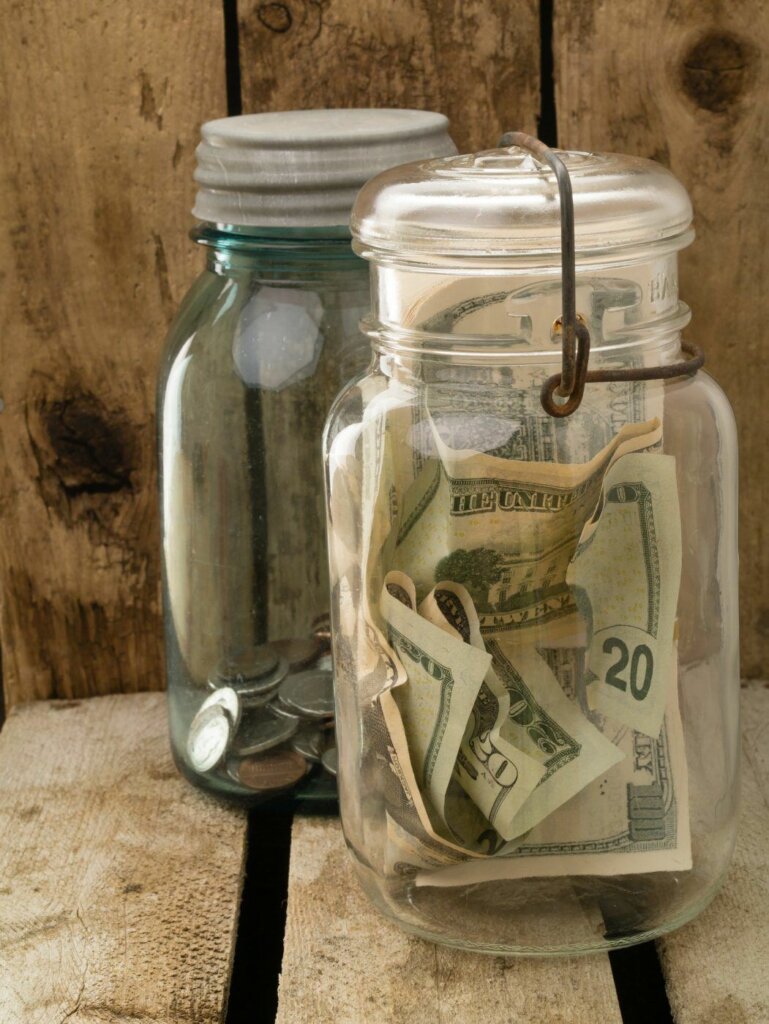
Get Out of Debt
When you don’t have debt you’re much more likely to be able to pay for more expensive items in full without having to finance. Because you’re not financing, in the long run, you’re actually saving money.
Check out this post on five tips for cutting your debt, as well as this post on how to earn a living from your homestead.
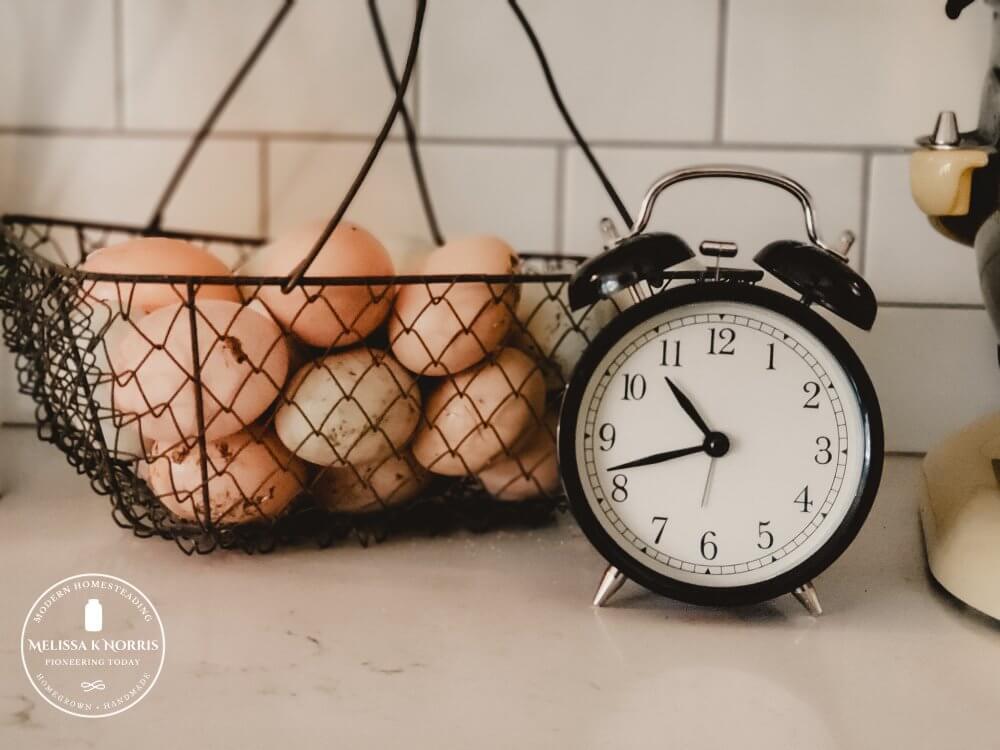
Have a “Due Date” in Mind
If your home needs many repairs and updates before you’re able to put it on the market, it’s a good idea to have a “due date” in mind regarding the upgrades.
Michelle also shared that she and her husband wanted to enjoy some of the upgrades they were putting into the house.
If this is the case, you may have a due date that’s further away, giving you time to make the upgrades and still enjoy them before selling.
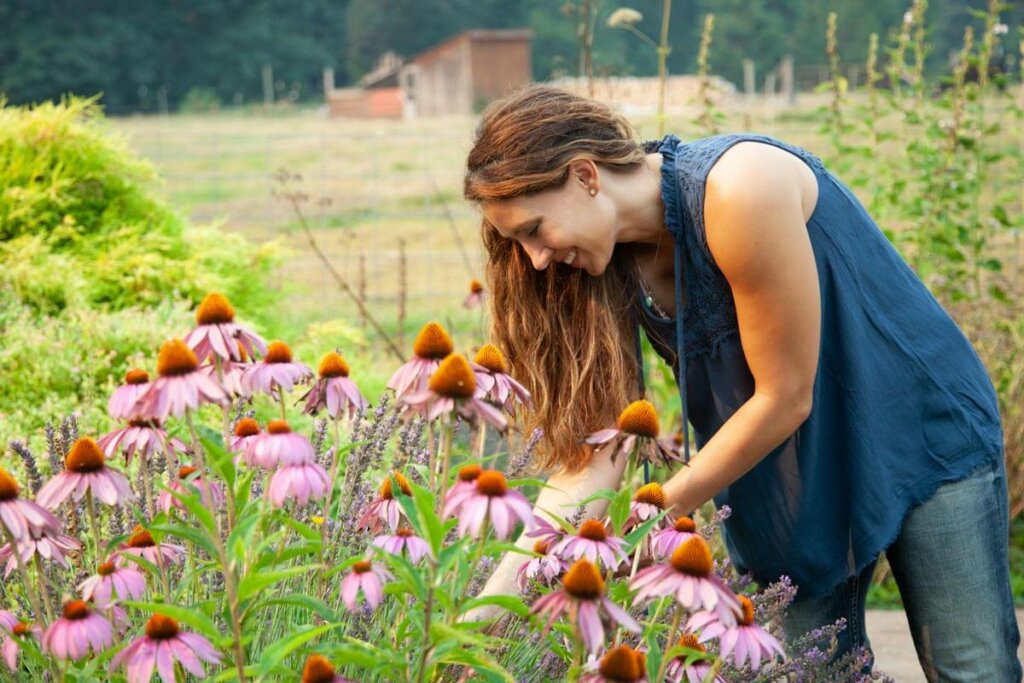
Take Perennials With You
It may not be possible to uproot and move all your perennials, but as many as you can bring with you the better off you’ll be on your next property.
Michelle talks about a tree that was given to her by her mother and she’s going to try and take a clipping and graft it onto a new tree that she’ll be able to plant in her new home. How to Propagate Plants – Stem Cuttings, Rooting Plants, and Using Rooting Hormones
Some people even write into the contract that they can come and get clippings or dig up a portion of plants to be able to transplant them once you’re settled in your new place.
If there’s something that holds dear memories for you, consider having a photographer come out and take some family photos around that item. Maybe, like Michelle, it’s a tree and you could have a memorable photograph framed for your new home.
Verse of the Week: Ezekiel 34:24-27
More Posts You May Enjoy
- Time Management Skills for the Homestead
- Avoid Overwhelm – Choosing What’s Right for Your Homestead
- Homesteading With Children (With Rebecca Rhodes)
- Staying Prepared on a Homestead
- Orchard Planning to Keep Pests Out (Live Coaching Call)
- The Homestead Documentary Project
- Creating a Homestead Business that Makes Money
- Maximizing Your Homestead for Profit & Production (With Joel Salatin)
- Homesteading Myths & Tips for Success
[fusebox_transcript]
